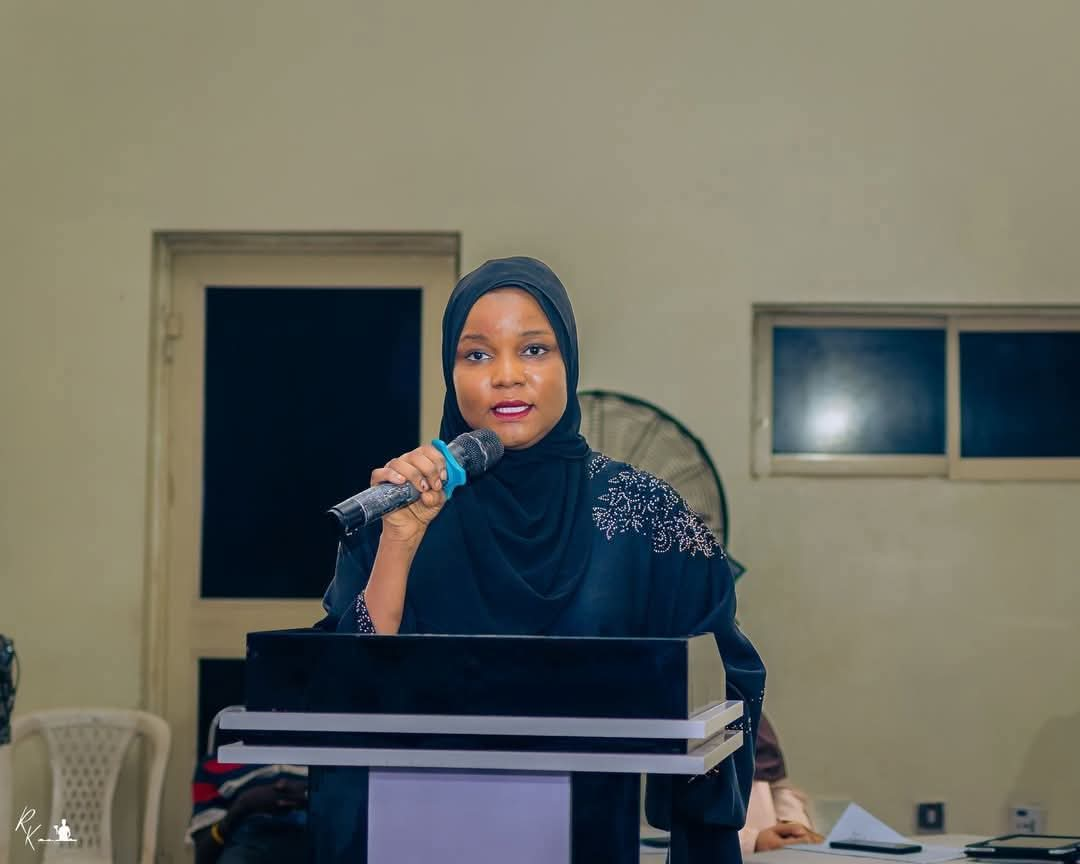By Zainab Nasir Ahmad
In Nigeria today, leadership has become synonymous with politics — not policy, not planning, not service — just politics. From dawn to dusk, the affairs of government at all levels are driven not by a commitment to solving the country’s myriad problems, but by political survival, party supremacy, and power consolidation. This pervasive culture has crippled meaningful governance and turned the promise of development into a distant dream.
It is almost impossible to name a single major Nigerian political figure who is not entangled in political calculations 24/7. Whether it’s scheming for the next election, lobbying for a ministerial slot, sponsoring loyalists for strategic positions, or plotting defections, the top agenda remains politics — not education reform, not healthcare infrastructure, not technological innovation, not environmental sustainability.
This obsession creates a void where governance should exist. Political officeholders are more concerned with how their actions will play out in the media or within party dynamics than with their impact on citizens. The legislative and executive arms spend more time on probes, committee reshuffles, and impeachment threats than on budget oversight or policy innovation.
Despite Nigeria’s youthful population, education receives only lip service from those in power. Public schools are underfunded, overcrowded, and in disrepair. ASUU strikes have become a recurring nightmare, disrupting the academic calendar for months at a time, while political leaders send their children abroad for stable, quality education.
The Universal Basic Education (UBE) scheme, which should guarantee every child access to primary education, remains under-implemented in many states due to mismanagement, corruption, and lack of political will. The government’s budgetary allocation to education has rarely crossed 8% of the national budget — far below the 15–20% recommended by UNESCO.
But when was the last time a major national debate was held on revamping Nigeria’s education system? Instead, political discourse is saturated with issues of zoning, succession plans, and party supremacy.
Nigerians continue to die from preventable diseases like malaria, typhoid, Lassa fever, and even cholera — a disease that should no longer exist in a country with Nigeria’s resources. The National Health Insurance Scheme (NHIS) barely covers 5% of Nigerians, and most public hospitals lack essential drugs, power supply, and equipment.
Rather than face these systemic issues, political leaders routinely fly abroad for even the most basic medical treatment. Former President Muhammadu Buhari alone spent over 200 days on medical tourism during his tenure, yet little was done to upgrade Nigerian hospitals during that time.
Those elected to serve the people use public funds to escape the very systems they have neglected, while ordinary Nigerians are left at the mercy of dysfunctional public healthcare.
With over 60% of the population under 30, youth development should be a national emergency. Yet, unemployment remains staggeringly high, hovering around 33%, with youth unemployment even higher. The National Youth Policy is poorly funded, and government “empowerment” programs are often ad hoc, politicized, and unsustainable.
Young Nigerians with ambition and talent are left with three options: struggle, scam, or relocate. Brain drain has reached alarming levels, with thousands of Nigerian professionals leaving annually through the “Japa” wave, seeking better opportunities abroad. Yet the government rarely addresses this loss of human capital, except to complain when doctors resign en masse.
Rather than build a Nigeria that retains its youth, leaders focus on party structures and election logistics, leaving the nation’s future in limbo.
In a digital age, Nigeria lags in technology adoption, innovation, and research funding. There is no coordinated national strategy to digitize public services, promote startup ecosystems, or foster AI and clean energy industries. Roads and railways deteriorate after ribbon-cutting ceremonies. Power supply remains epileptic. Broadband penetration is still below 50%.
Political leaders announce flashy projects for headlines, but implementation often ends with the media coverage. Funds are diverted, contracts are inflated, and the public is left to deal with abandoned projects.
Why This Culture Persist ? There is little consequence for poor governance in Nigeria. Election rigging, judicial compromises, and patronage systems make it easy for non-performers to stay in power. Independent agencies, civil service structures, and anti-corruption bodies are often captured by political interests and unable to enforce standards.
Many Nigerians, disillusioned by repeated failures, have become resigned to the status quo. Civic participation is low, especially among youths, and political awareness remains weak in rural areas.
Nigeria is too important to be left in the hands of career politicians alone. The nation needs a new breed of leaders, leaders who see public office as a platform for change, not a prize for loyalty. Civil society, youth organizations, technocrats, and the private sector must begin to demand more than slogans and symbols.
We must shift the national focus from politics to progress. Education must be seen as an investment, not a burden. Health must be a right, not a privilege. Employment must be a priority, not a handout. Leaders must be evaluated based on measurable outcomes, not political alliances.
Until Nigerian leaders step out of the political bubble and into the realm of real leadership, the country will remain stuck in a cycle of promise without performance.
The tragedy of Nigerian leadership is not just that it is political, but that it is only political. True leadership lies in transforming lives, not just winning elections. Until that transformation becomes our leaders’ obsession — and not their afterthought — the dream of a prosperous Nigeria will remain just dream.
Zainab is the Executive Director of Youth Society for the Prevention of Infectious Diseases and Social Vices (YOSPIS), she writes from Kano.


